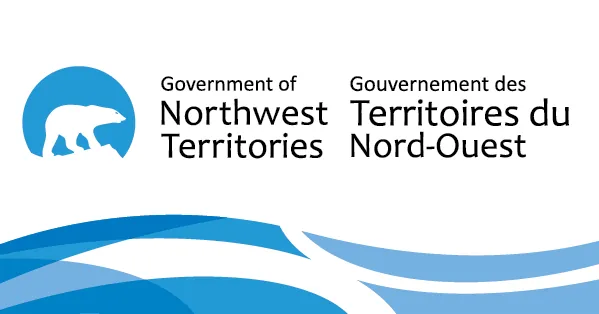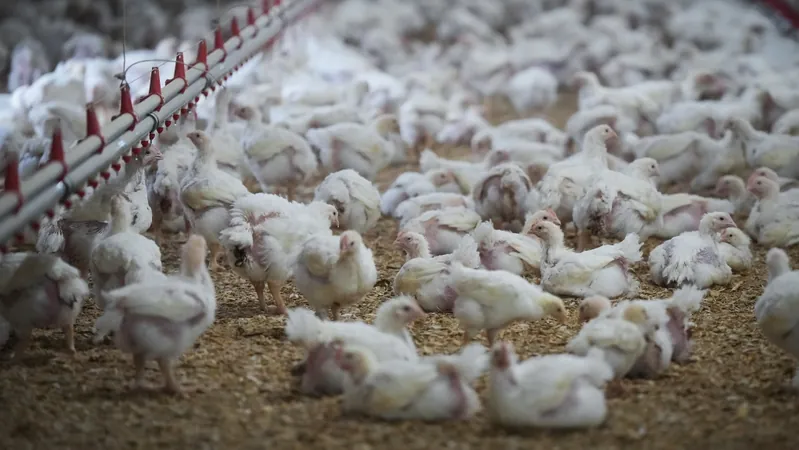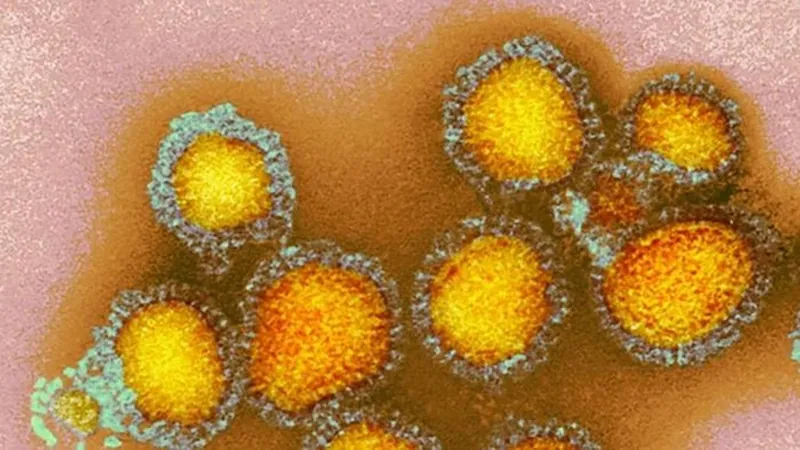
Urgent Warning: Avian Influenza Confirmed in the Northwest Territories - What You Need to Know!
2024-11-29
Author: Olivia
What is Avian Influenza?
Avian influenza is a viral infection primarily affecting wild birds and farmed poultry. It can spread to other animals and, in rare cases, humans. While human infections are uncommon, they typically occur in individuals who have close contact with infected birds or livestock, especially in agricultural settings. The illness in humans can range from mild flu-like symptoms to severe respiratory complications, particularly in those with underlying health conditions. Importantly, human-to-human transmission is exceptionally rare, offering some reassurance amidst concern.
Symptoms to Watch For
If you've encountered a sick or deceased bird in the last 10 days, it’s vital to be aware of possible symptoms of avian influenza. Common signs include: - Fever - Cough - Shortness of breath - Sore throat - Nasal congestion - Headache - Pink eye - Muscle aches - Fatigue Less frequent symptoms may also manifest, such as diarrhea, nausea, vomiting, or seizures. Symptoms can appear within a week of exposure and may escalate quickly.
Taking Action: Early Treatment is Key
Prompt medical consultation is critical. If you develop respiratory symptoms following exposure to infected animals, contact your healthcare provider immediately. Ideally, treatment should commence within 48 hours of symptom onset to mitigate the risk of severe illness. Remember, it is never too late to seek help.
Protective Measures
To shield yourself and your community, consider the following safety measures: - **Avoid Contact**: If you encounter sick or dead birds or livestock, steer clear of handling them. Report any sightings of sick wildlife to your local Emergency Command Centre regional office or via email to [email protected]. - **Monitor Your Health**: After exposure to sick birds, stay vigilant for any symptoms. Should any develop, reach out to your local health clinic or call 811 for further guidance. Always inform your healthcare provider about your potential exposure to avian influenza. - **Keep Pets Secure**: It is crucial to prevent pets from contacting dead birds to further diminish the risk of spreading the virus.
For Additional Information
For comprehensive details on avian influenza and ongoing updates, residents can visit [Government of Northwest Territories - Wildlife Diseases](www.gov.nt.ca/ecc/en/services/wildlife-diseases). Stay informed and protect your health as authorities continue to monitor the situation closely. Your vigilance is essential in combating this potential health crisis!









 Brasil (PT)
Brasil (PT)
 Canada (EN)
Canada (EN)
 Chile (ES)
Chile (ES)
 España (ES)
España (ES)
 France (FR)
France (FR)
 Hong Kong (EN)
Hong Kong (EN)
 Italia (IT)
Italia (IT)
 日本 (JA)
日本 (JA)
 Magyarország (HU)
Magyarország (HU)
 Norge (NO)
Norge (NO)
 Polska (PL)
Polska (PL)
 Schweiz (DE)
Schweiz (DE)
 Singapore (EN)
Singapore (EN)
 Sverige (SV)
Sverige (SV)
 Suomi (FI)
Suomi (FI)
 Türkiye (TR)
Türkiye (TR)